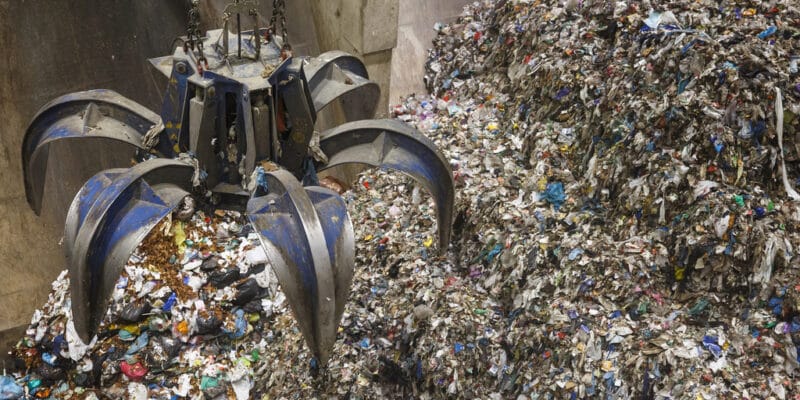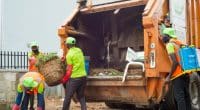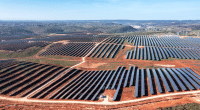Sweden is providing funding to improve the living conditions of people in Nasarawa State, Nigeria. The funds, allocated through its export platform Smart City Sweden, will be used to finance feasibility studies for a waste-to-energy and recycling project in the city of Karu. This phase of the project is being carried out by WSP Sweden and Natural Eco Capital.
Nasarawa State, in the North Central Region of Nigeria, wants to reduce its landfills. To achieve this, the local government is implementing a waste-to-energy and recycling project in the town of Karu. The project is now receiving financial support from the Swedish government through its export platform Smart City Sweden.
According to the platform, WSP Sweden will use the funds to carry out feasibility studies for the project, in partnership with Lagos-based Natural Eco Capital.
Waste-to-energy plant
The results of the feasibility studies will enable Beacon Energy Development Services (BEDS) to proceed with the implementation of the waste recycling and recovery project. The energy company is developing the project under a public-private partnership (PPP) with the Nasarawa State Government. BEDS recently launched the Karu Integrated Waste Management Company (KIWMC) to operate the future Karu plant. Initially, the facility will recycle post-consumer plastics into resin pellets, thereby developing a plastic recycling value chain in Nasarawa State. “KIWMC also plans to recycle materials capable of processing a wider range of municipal solid waste such as paper, wood, metal and glass and converting the waste into electricity through advanced technology and best practices,” Smart City Sweden points out.
The experience of Sweden, which has efficient waste management systems with about 99.3% of its household waste recycled, will benefit Nasarawa State and the whole of Nigeria. The West African country generates some 32 million tonnes of waste per year (2.5 million tonnes of plastic waste), most of which (70%) ends up in landfills, sewers, beaches and water bodies.
Inès Magoum







